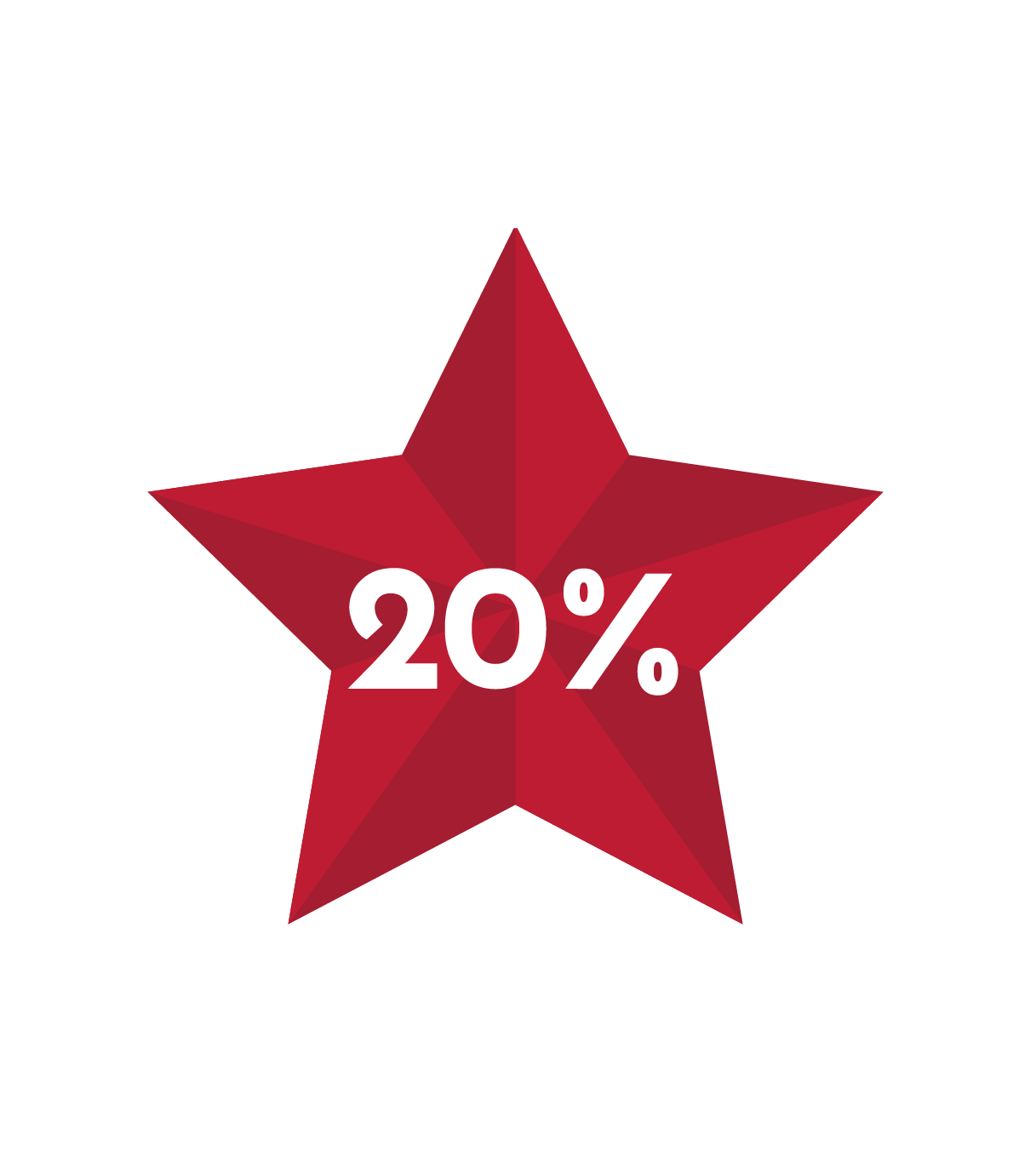Of places, perfumes and memories
 Do you recall your first-ever memory of a scent?
Do you recall your first-ever memory of a scent?The most distinct memory that I have is smelling pure Rose Oil in my father’s cupboard. Pure rose oil is very expensive and my father would store small bottles of it in his safe as it was too valuable to be kept at the office. It was so fascinating to me that liquid in unmarked aluminum bottles was so valuable it was stored next to money and jewellery. When he had to re-pack it into smaller bottles, we would get the chance to smell the glorious Rose Oil and see what all the fuss was about.
How do scents produce such strong memories and associations in our minds?
Biology and science aren’t exactly my strong suits, but it's a well-known fact that some of our strongest memories are olfactory. Even a small whiff is enough to transport you back to a summer at the beach or your grandmother’s kitchen, or the leaves you used to crush as a kid in your backyard.
What drew you to perfumery?
My family has been in the business of supplying fragrance ingredients to perfume houses for over 30 years. I literally grew up in the family lab around essential oils samples strewn all over the office. My father would travel to exotic places to source essential oils from farmers and producers and we had these large world maps marking regions where the plants grew and crop calendars. It seemed like such an adventure. Could you describe to us your journey so far?
After completing university in France, I wasn’t quite ready to leave the French Riviera so I set up a business in Grasse (the perfume capital of the world) supplying raw materials to European perfume houses. My work allowed me to travel to interesting and offbeat locations across the world to source ingredients, learn about fragrance supply chains, interact with farmers right at the source and also work with perfumers in France to introduce interesting new ingredients. After a few years of doing this, I started to toy with the idea of using my experience to build a brand.
Is that how Bombay Perfumery was born?
Yes. I always found it surprising that despite having such a strong fragrance culture, history, and raw material basket here in India, we didn't really have any contemporary fine-fragrance brands. Some of the most prestigious brands in the world come to India each year to source ingredients such as jasmine, spices, Sandalwood, mints etc but there were no homegrown brands. I saw that there was a growing trend of indie fragrance brands breaking the mould in Europe and developing fragrances that championed ingredients and experimenting with interesting olfactive directions and dosages so I set off on the journey to develop Bombay Perfumery as it gave me a chance to draw on my perfumery background and do something creative.
You mentioned there being a rich history of perfumes in Indian culture. Could you give us a bit of a history lesson?
Indeed! We do have a very rich fragrance tradition here in India. William Dalrymple has been writing about the Mughals being patrons of attars and essential oils. Even agarbathis and incenses have a very old history. References of fragrances are also found in mythological texts. So we really do have a long and strong relationship with fragrances and scents.
Then why do you think the perfume industry in India is so nascent?
Over the past few years, the perfume industry has been completely dominated by international design labels, making it difficult for an Indian entrant to make a mark in the luxury fragrance category. Perfume creation and marketing is an expensive process and in terms of scale, it’s difficult to match the international labels. In this scenario, Indian labels have been reduced to operating at a cheaper selling point, which gives them mass appeal and makes them seem unattractive to the luxury consumers. Recently, with the growth impetus given to homegrown products, we’re seeing a change in consumer attitudes as well as brands taking progressive steps, but it will be a while before the Indian perfumery labels truly break the mould. Well fortunately we have Bombay Perfumery to thank for that. What does it take to make a fragrance?
A deep understanding of the ingredients is step one. There are more than 1500 ingredients in a perfumer’s palette each of which perform differently in different dosages and combinations. A clear inspiration or idea is step two. Step three is one I find to be most important—patience. You have to go through multiple iterations, mistakes and experiments to reach what is finally a fully finished fragrance. You need to have the patience to see that through. Also, unfortunately for a perfumer a fragrance is never quite complete and you can keep making innumerable changes, so letting go of your creation is the final step.
What kind of training do you need to be a master perfumer?
Perfumery is as much a serious science as it is an art and it takes years of technical education and practical experience to be considered a perfumer. Of course like any art it also requires an innate passion and natural inclination to all things olfactory.
How do you know when a fragrance is just right?
It never is. Once you feel it is ready enough, you have to rely on outside help from your colleagues and friends. A lot of the indie brands (us included) are not big believers in wide consumer testing like the larger brands, since it leads to a slowdown in innovation. Once we feel it is interesting enough and technically well balanced and composed we are ready to launch it. Sometimes that takes many months, sometimes it is close to perfect in one of the first trials.
 What are the inspirations behind your fragrances?
What are the inspirations behind your fragrances? Our fragrances are built around strong olfactory memories or ingredients we love and want to champion. Calicut is our ode to Indian spices with black pepper as the hero ingredient while Madurai Talkies is an ode to Indian jasmine and Moire to Indian Tuberose. Some fragrances are also linked to my sourcing travels such as Sulawesi and Les Cayes, which are named after the places I’ve traveled to source patchouli (Indonesia) and vetiver (Haiti). There’s also other memories that we like to touch upon like Chai Musk is inspired by our perfumer’s memory of sipping masala chai at a Mumbai tea stall. So each fragrance starts with an inspiration and then the idea is to give them a contemporary twist, which makes them distinctive and memorable.
What are some of the other experiences that inspire you and feed into your work?
I think travel is the most important for me.
How do you know what elements to combine when making a perfume?
There’s no rulebook that can help you with this. You need to have an understanding of how different elements work when combined together and only an experienced nose can determine how much of each is needed to perfectly balance a fragrance. Sometimes, a single drop of a particular oil could change the entire composition of a fragrance which can throw it off-balance so a technical know-how and a controlled atmosphere is essential to perfume creation.
Is there such a thing as a perfect fragrance?
Everyone is drawn to different fragrances. It is based on a lot of things including your olfactive memories. So it’s impossible to make the “perfect” fragrance. But I think anything that is able to transport you, even momentarily, is quite close to perfect. What are some of your favorite scents in the world?
I am very drawn to the certain essential oils. For instance, black pepper and Vetiver are remarkable and I look forward to them each time I have a chance to visit a distillation unit producing these beautiful essential oils.
What’s a smell you dislike?
Of the top of my head – jackfruit
What does the life of a perfumer look like?
A lot of people assume perfumers are sitting in a lab concocting potions all day. However with modern technology most of their time is spent on their computer in their formulation software whipping up formulas using their imagination and technical knowledge. Also a lot of the day is spent in meetings, discovering new ingredients, getting inspiration and the rest of the day in smelling things and trials.



























